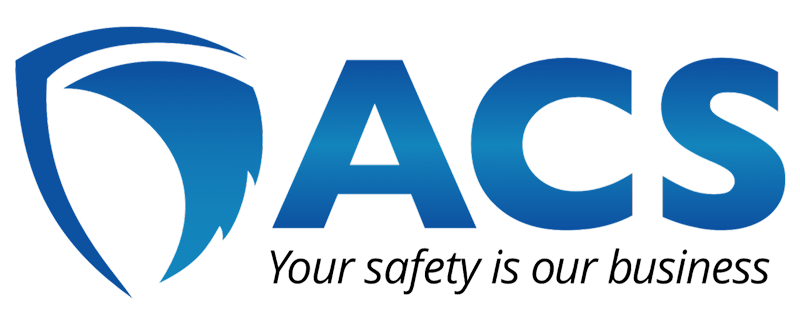Cybersecurity Awareness Month
When we hear “workplace safety,” we think of things like using personal protective equipment such as safety boots or splash goggles to avoid injuries. However, this is only part of creating a safe workplace. With October being Cybersecurity Awareness Month, now's the perfect time to call attention to the importance of protecting computer systems, networks, and data from cyberattacks.
Held every October since 2004, National Cybersecurity Awareness Month is a collaborative effort among government agencies, businesses, educational institutions and non-profit organizations which aims to raise awareness about the importance of cybersecurity and the need to be safer and more secure online. ACS is proud to support this important initiative, this year led by the Department of Homeland Security's Cybersecurity and Infrastructure Security Agency (CISA) and the National Cybersecurity Alliance (NCSA).
The 2024 theme is "Secure Our World" which recognizes the importance of taking daily action to reduce risks when online and using connected to devices. The campaign focuses on the top four ways to stay safe online:
Use strong passwords and a password manager. The first line of defense is a long, unique, and complex password. Avoid common words and consider using a password manager to generate and securely store passwords for each account. CICA Password Tip Sheet. NCSA information on Password Managers.
Turn on multifactor authentication (MFA). Use MFA on any site that offers it. MFA adds an extra layer of security by requiring additional verification, such as facial recognition or a code sent by text after entering your password. Using MFA will make you much less likely to get hacked as it reduces the chance of unauthorized access. CICA MFA Tip Sheet.
Recognize and report phishing. Phishing happens when criminals trick employees into opening malicious attachments or sharing personal info. Phishing scams continue to grow in sophistication. Do not click or engage with these phishing attempts. Instead, recognize them by their use of alarming language or offers that are too good to be true. Some email platforms let you report phishing attempts. If you suspect an email is phishing for your information, it’s best to report it quickly. If the phishing message came to your work email, let your IT department know about the situation ASAP. CISA Phishing Tip Sheet.
Update software regularly. Cybercriminals often exploit vulnerabilities in outdated software. Keep business software up to date. Make sure all your devices are running the latest versions of operating systems and applications to protect against vulnerabilities. To make it even more convenient, turn on automatic updates. Regularly check for updates if automatic updates are not available. CISA Software Updates Tip Sheet.
On a related note, CISA and others are monitoring an uptick in scamming attacks related to the recent hurricanes and other natural disasters. These dangerous activities range from phishing attacks to phony charities to sites impersonating FEMA (Federal Emergency Management Agency). Exercise caution in handling emails with hurricane-related subject lines, attachments, or hyperlinks. In addition, be wary of social media pleas, texts, or door-to-door solicitations relating to severe weather events. Before responding, ensure hurricane-related guidance is from trusted sources, such as local officials and disaster response organizations, including FEMA and the U.S. Department of Homeland Security’s Ready.gov.
The first step in any cyber threat mitigation strategy is identifying the risks on your network, and a cybersecurity vulnerability assessment can help you do just that. To learn more about this assessment, do not hesitate to contact us.

